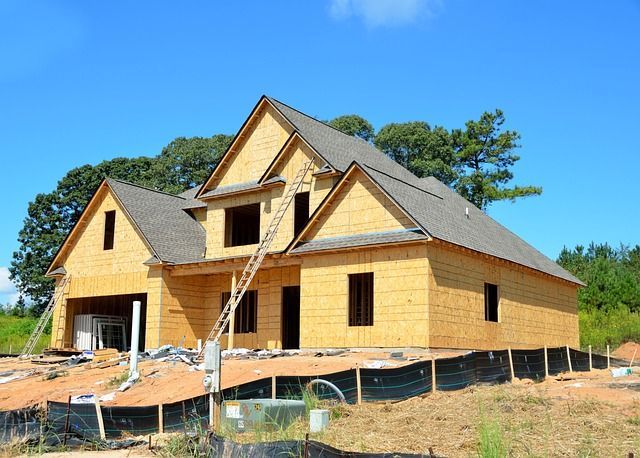or email bjoyce@grandcoastcapital.com

You Have Hard Money Loan Questions - We Have Hard Money Loan Answers
1. What are hard money loans?
Hard money loans are short-term loans secured by real estate. Unlike traditional loans, hard money loans are primarily based on the value of the property being used as collateral, rather than the borrower's creditworthiness.
2. What are the benefits of using hard money loans in real estate investing?
Hard money loans offer several advantages for real estate investors, including:
- Speed and Flexibility: Hard money lenders can approve and disburse funds much faster than traditional lenders, often within a matter of days.
- Asset-Based Lending: Because they focus on the collateral value, these loans are more accessible for investors with less-than-perfect credit or those purchasing distressed properties.
3. Are there disadvantages to hard money loans?
Yes, while advantageous, hard money loans come with some drawbacks:
- Higher Interest Rates: The convenience and speed of hard money loans come at the cost of higher interest rates compared to conventional loans.
- Shorter Repayment Terms: These loans typically have shorter terms, often requiring full repayment within a few years, putting pressure on investors to execute their projects quickly.
4. Who can benefit from a hard money loan?
Hard money loans are particularly beneficial for:
- Fix-and-Flip Investors: They need quick access to capital to purchase and renovate properties for resale.
- Investors with Credit Challenges: Individuals who may not qualify for traditional financing due to past credit issues can utilize this financing option.
- Auction Buyers: The rapid funding of hard money loans is ideal for securing properties quickly at auctions.
5. What are the typical interest rates on hard money loans?
Interest rates on hard money loans are typically higher than conventional loans, often ranging from 8% to 15% or more, depending on factors like the loan amount, property value, and the borrower's experience.
6. What is the usual repayment term for a hard money loan?
Hard money loans generally have shorter repayment periods compared to traditional mortgages, often ranging from 1 to 5 years, depending on the lender and the loan agreement.
7. What happens if I can't repay my hard money loan?
Since hard money loans are secured by the property itself, failure to repay the loan can lead to foreclosure. The lender has the right to seize and sell the property to recoup their investment.
8. Where can I learn more about hard money loans and their suitability for my investment strategy?
For more in-depth information and guidance on hard money loans, consider consulting with experienced real estate professionals and exploring resources from reputable real estate investment platforms like BiggerPockets.

Fast, Reliable Hard Money Lending
email:
bryan@rf-boston.com
tel no: (207) 752.0107
Designed by Mystic Media Dot com


